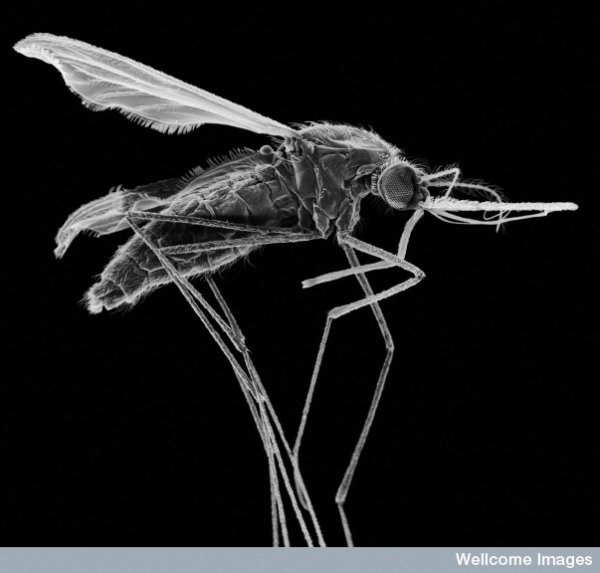Global Malaria Strategy and Programme Budget 2016-17 announced by World Health Assembly
Last week the World Health Assembly agreed a new global malaria strategy for 2016-2030 and approved the 2016-17 programme budget.

Last week the World Health Assembly agreed a new Global Malaria Strategy and Programme and approved the proposed 2016-17 budget. The strategy aims to reduce the global disease burden by 40% by 2020, and by at least 90% by 2030. It also aims to eliminate malaria in at least 35 new countries by 2030.
Over the past decade, the global health community has made huge gains in the battle against malaria. It is estimated that between 2001 and 2013, 4.3 million deaths have been averted, 3.9 million of which were children under the age of five in sub-Saharan Africa. This is largely thanks to the increased commitment and investment in prevention and treatment measures such as insecticide-treated bed nets and the availability of the highly successful antimalarial medicines Artemisinin Combination Therapies (ACTs).
Nevertheless, millions of people are still unable to access malaria prevention and treatment, and most cases and deaths continue to go unregistered and unreported. In 2013, malaria killed an estimated 584,000 people. The new Global Technical Strategy for Malaria aims to build on recent successes to radically reduce this figure.
Developed in close consultation with endemic countries and partners, the Strategy will help countries address serious threats to progress, including artemisinin resistance, insecticide resistance, weak health systems and inadequate human resources. It will also help them embrace future innovations and adapt to the emergence of new tools. Developed in close consultation with endemic countries and partners, the strategy provides a comprehensive framework so countries can develop tailored programmes that will sustain and accelerate progress towards malaria elimination.
Member States approved a Programme Budget for 2016-17 of US$4384.9 million, an increase of US$236 million over the 2014-15 programme budget to: meet the needs of countries; leverage the experience gained during the Ebola outbreak; address emerging priorities such as antimicrobial resistance, health and the environment, malaria and viral hepatitis; and implement resolutions passed by the Assembly and WHO’s Regional Committees.
The sixty-eighth session of the World Health Assembly (WHA) took place in Geneva 18–26 May 2015. The World Health Assembly is the supreme decision-making body of the World Health Organization (WHO). It is attended by delegations from all WHO Member States. Its main functions are to determine the policies of the Organization, supervise financial policies, and review and approve the proposed programme budget.
